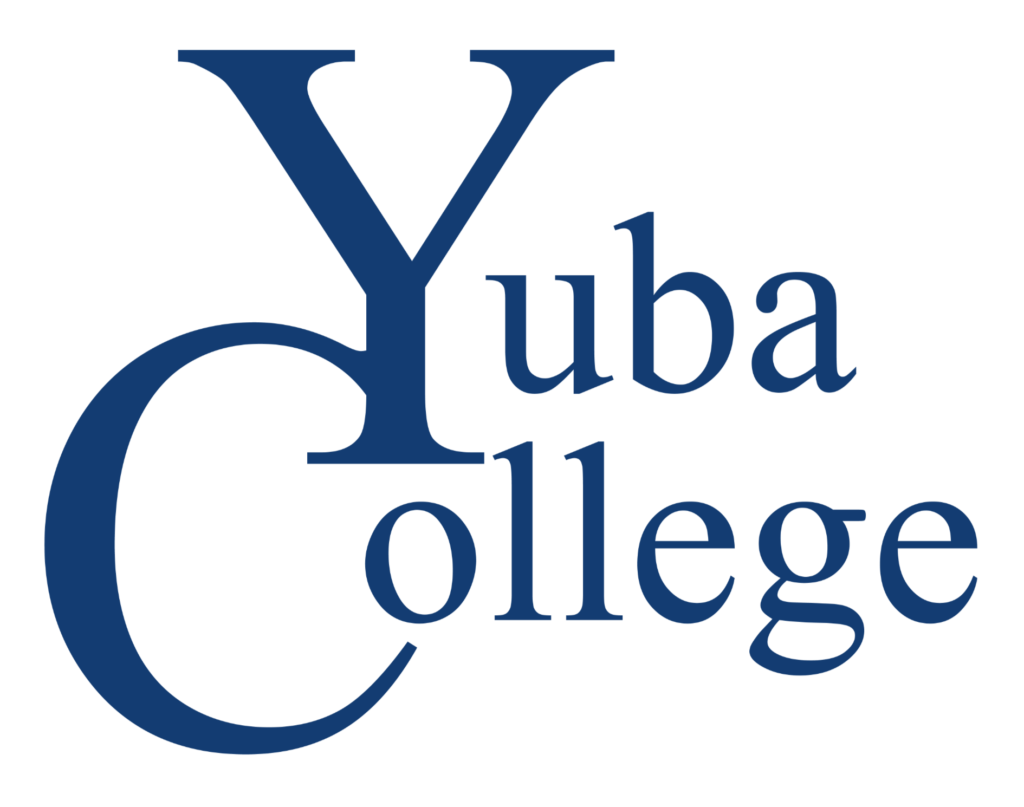Minimum requirements for maximum success
Whether you want to move into a career or move on to a four-year university, California community colleges want to help you achieve your educational goals. The California College Promise Grant (CCPG)—formerly known as Board of Governors Fee Waiver (BOGFW)—is available for eligible students at California community colleges, and will waive your per unit enrollment fee at any community college throughout the state.
Once you've qualified for the California College Promise Grant (CCPG)—formerly known as Board of Governors Fee Waiver (BOGFW)—it's important to ensure that you're meeting the academic and progress standards in order to avoid losing the CC Promise Grant.
Academic Standards—Sustain a GPA of 2.0 or higher
If your cumulative GPA falls below 2.0 for two consecutive primary terms (fall/spring semesters, or fall/winter/spring quarters), you may lose your CCPG eligibility.
Progress Standards—Complete more than 50% of your coursework
If the cumulative number of units you complete is not more than 50% in two consecutive primary terms (fall/spring semesters, or fall/winter/spring quarters), you may lose your CCPG eligibility.
Combination of Academic and Progress Standards
Any combination of two consecutive terms of cumulative GPA below 2.0, and/or cumulative unit completion of not more than 50% may result in loss of CCPG eligibility.
Yuba Community College Board Policy on Probation, Disqualification, and Readmission
Applying for the California College Promise Grant (CCPG)
Eligibility for the California College Promise Grant (CCPG)—formerly known as Board of Governors Fee Waiver (BOGFW)—can be determined from either the FAFSA, California Dream Act Application, or the CCPG Application. To maximize your financial aid eligibility, it is important to complete and submit the appropriate application for you:
- Students eligible to apply for Federal Student Aid, enter your FAFSA at fafsa.ed.gov. Your CC Promise Grant (CCPG) eligibility will be determined by information on your FAFSA.
- Undocumented resident students qualifying for AB540 status, enter your California Dream Act Application at dream.csac.ca.gov. Your CC Promise Grant (CCPG) eligibility will be determined by information on your FAFSA.
- Students who wish not to apply for other federal and/or state financial aid, enter your online CC Promise Grant application here.
Tips for Successful California College Promise Grant Application
- You will need your prior-prior year income information. Dependent students will also need parent’s prior-prior year income information. Refer to the appropriate application for income year specifics.
- Five to seven days after your entry, check your Financial Aid Offer Letter in the Financial Aid section on Self Service to determine if your CC Promise Grant has been awarded.
- Also check your Financial Aid Checklist on the Financial Aid Home section of Self Service to determine if additional documents will need to be presented to the Financial Aid Office to verify your eligibility for financial aid.
- If your CCPG has not been awarded 7 days after your FAFSA or Dream Act entry, visit your campus Financial Aid Office and present a complete and signed paper CC Promise Grant application available on the FA Forms page here.
Frequently Asked Questions
How will I know if I've been placed on Academic and/or Progress Probation?
You'll be notified within 30 days of the end of each term if you are being placed on either Academic (GPA) and/or Progress (Course Completion) probation. Your notification will include the information that a second term of probation will result in loss of CC Promise Grant eligibility. After the second consecutive term of probation, you may lose eligibility for the CC Promise Grant at your next registration opportunity.
If I lost my CC Promise Grant, can I regain my eligibility?
There are a few ways that you may have your CC Promise Grant reinstated:
- Improve your GPA or Course Completion measures to meet the academic and progress standards;
- Successful appeal regarding extenuating circumstances; or
- Not attending your school district for two consecutive primary terms (fall/spring semesters, or fall/winter/spring quarters).
What are examples of extenuating circumstances that would qualify for an appeal?
- Verified accidents, illness or other circumstances beyond your control
- Changes in economic situation
- Evidence of inability to obtain essential support services
- Special consideration factors for CalWORKs, EOPS, DSPS and veteran students
- Disability accommodations not received in a timely manner
Who do I contact if I have additional questions or need assistance?
- For CC Promise Grant eligibility, Login to Self Service and view your Financial Aid Offer Letter.
- For CC Promise Grant appeal process information, or to file an appeal, contact the Counseling Department or Admissions and Records.
I've completed my CC Promise Grant application, and I do not see it on my award letter, what do I do?
Your CC Promise Grant should be viewable on your award letter once it is packaged by the Financial Aid Office. If you qualify for the CC Promise Grant, and completed your application but do not see it listed on your award letter, contact the Financial Aid Office with your photo ID to inquire. Due to federal privacy law, the Financial Aid Office will not release your CC Promise Grant award eligibility information over the telephone or email.
